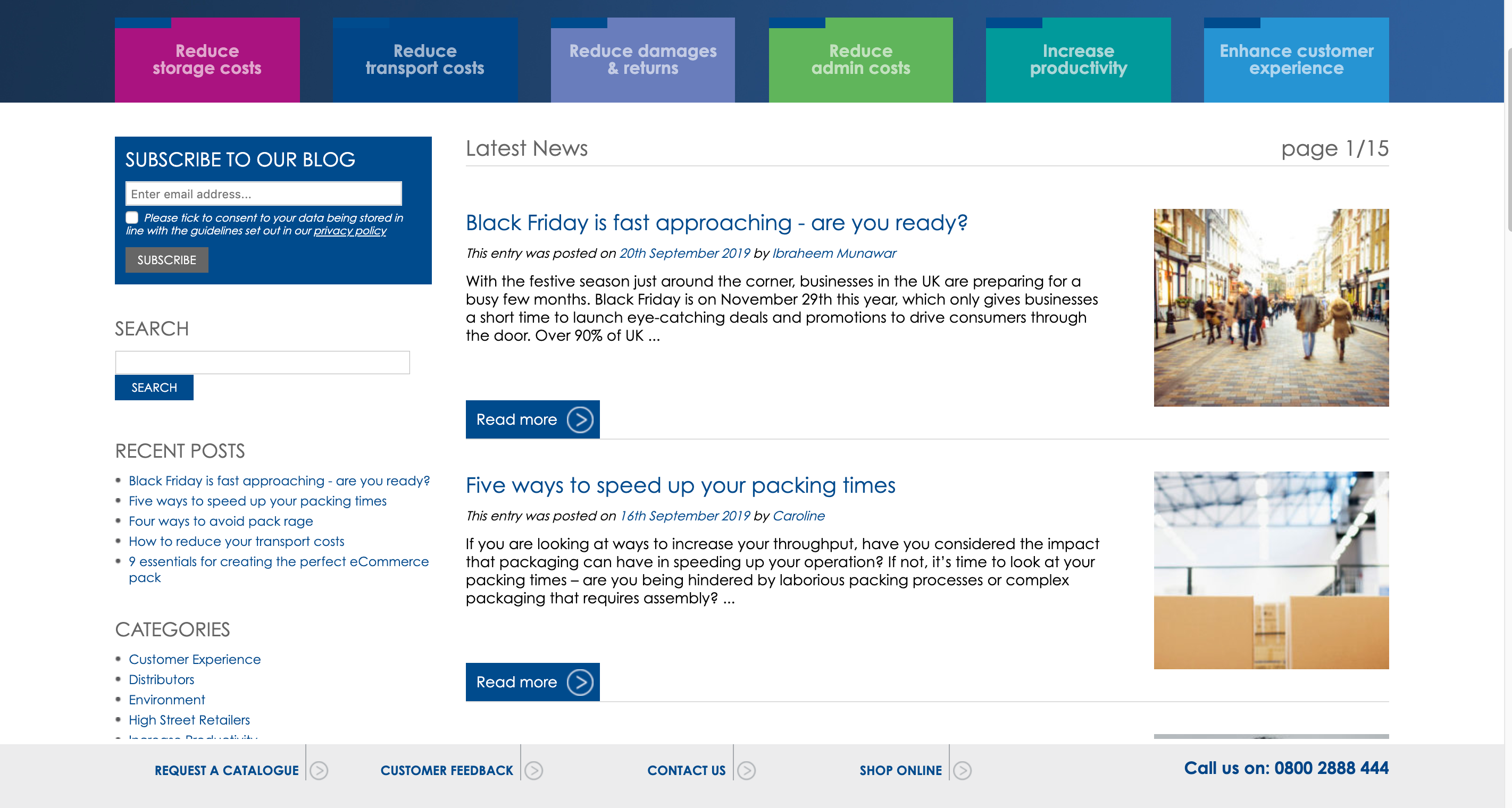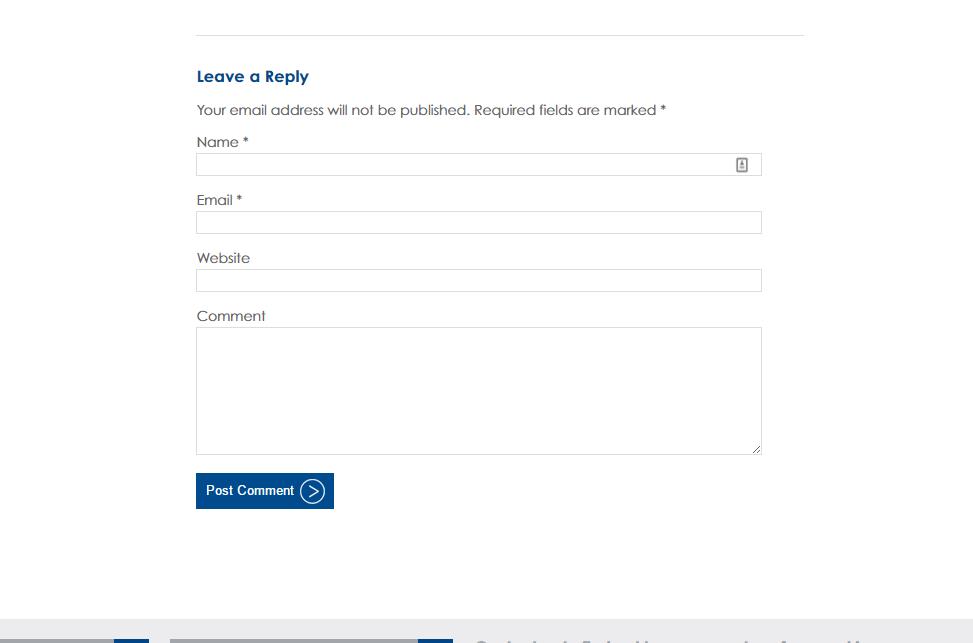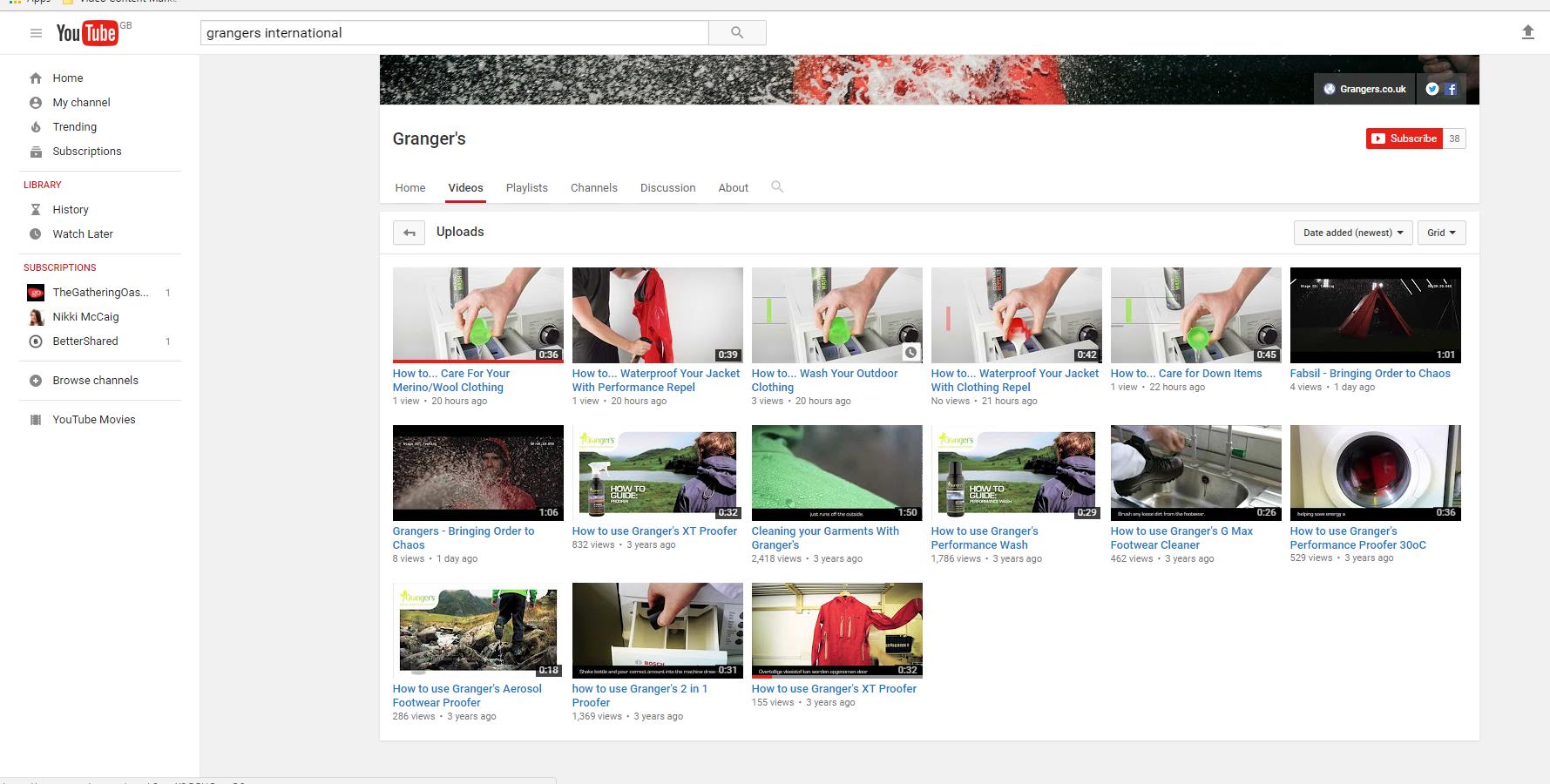When it comes to B2B content marketing, it’s time for the manufacturing industry to tap into some new skills and get themselves noticed.
Too often we think that if an industry isn’t glamorous, it isn’t worth shouting about. Yes, manufacturing is filled with technical products and jargon, but embracing content marketing can create limitless amounts of opportunities. Like with any other industry, it can boost brand awareness, increase traffic to your website, and ultimately, generate leads.
State of the nation: lack of strategy
The opportunity that content marketing can bring to manufacturing businesses means nothing without a clearly defined strategy in place. Without one, how do you ensure you’re creating relevant, engaging content for your target market? The answer is, you don’t.
According to a 2016 survey carried out by the Content Marketing Institute, an impressive 82% of manufacturing marketers do in fact, use content marketing – which is great news!
However, with the great news comes the not so great news. The lack of strategy in place is holding back the manufacturing industry. The same survey showed that just 18% of manufacturing companies had a well-documented, written down content marketing strategy in place.
This is problematic because there is no one-size-fits-all strategy when it comes to content marketing for manufacturers. Worryingly, only 32% of those surveyed said they knew what a successful content strategy looks like.
The industry is comprised of thousands of businesses, divided into millions of products, all for different target audiences. What works for one may not work for you. Without a strategy, your chances of getting to where you want to be are slim, which means your business could be missing out on serious opportunities. It’s time for the industry to prioritise a strategy ahead of content creation.
So, what’s out there for manufacturing?
Fast forward to 2019 and 64% of content marketers within manufacturing said their content was much more successful compared to what they were producing a year ago.
Now, you’re probably contemplating your own strategy, wondering how best to boost your B2B content marketing efforts.
Though one size definitely doesn’t fit all, there are some popular strategies that can be implemented across the board to produce results. They would just need to be adjusted accordingly to suit your audience. According to the Content Marketing Institute, amongst the most effective types of content marketing for manufacturers include:
- Social media content
- Case studies
- Blogs
- Videos
- Whitepapers
- Webinars
- Infographics
- Events
With 90% of manufacturer content marketers holding the view that their audience sees their organisation as a trusted, credible source, take a look at these five types of content marketing that your brand can utilise to build trust and authority.
Social media for manufacturers
We don’t need to tell you just how powerful social media can be – in fact, 83% of B2B marketers actively use social.
However, it’s important that you think carefully about the content you’re sharing, and the platforms you use.
As a B2B manufacturing company, Instagram probably isn’t the way to go, but you may want to start utilising LinkedIn instead.
Start posting at least once a week – including a mixture of product/service posts, team updates, and industry news – without forgetting that all-important link back to your site. As you continue to use LinkedIn more, you may decide to create a showcase page that enables you to highlight a specific function of your company, or start reaching out to your connections.
Don’t just limit yourself to one social media platform – content campaigns perform much better if they are implemented across multiple channels. Take, for example, landscape machinery company Tracemaster UK.
As part of their 30th anniversary, they launched a strategic campaign with an aim to target specific audiences and generate sales. This included the setup of a Facebook and Twitter page, which they updated with content targeted to their audience. They also filmed product videos, to help promote their brand of machinery.
By having a strategy in place, Tracemaker was able to gain incredible visibility:
- 1738% increase in Twitter followers
- 85% increase in YouTube views
- 46% increase in website traffic in six months
- 42 new leads in the first 24 hours of the campaign going live
If you’re not yet utilising social media to promote your content, then now’s the time to start.
Case studies
Nothing shows your credibility like a case study does. Clear statistics and facts provide customers with powerful social proof of just how good your products and services are. It offers immediate credibility to your service from the best sources – your customers.
Let’s say a prospective client was interested in your service and looked at your website. An effective case study can promote a specific service of yours with real, human evidence that what you do is valuable.
Case studies can also help manufacturing websites rank higher in Google. It helps to necessitate keyword research, which helps to improve a website’s visibility when they are searched for. Ultimately, your site’s case studies could appear in Google as the answer to a prospective client’s question.
We’d recommend that you start including case studies in your content strategy, so you can highlight the benefits of your services through a great narrative. If you’re unsure of where to start, find out how to write a case study.
Blogs
It goes without saying that you should have a blogging strategy forming part of your overarching content strategy.
By writing blogs that target relevant, identified keywords, you could be reaching new customers, whilst increasing your keyword positions, growing organic traffic to your website, and generating new leads.
The fact is, if you have a blog, you have a 434% higher chance of ranking highly on the likes of Google, and generating 67% more leads.
Posting new, creative content regularly also helps to highlight your expertise and authority in your industry, with potential customers returning time and again to consume more of your content.

If you’re looking for inspiration on how to make your blog work harder, look no further than Macfarlane Packaging. The packaging solutions provider maintains excellent content marketing activity through a keyword led blog on their site. All of their content consists of strategic, problem-solving posts that their prospective clients will be searching for.
At the bottom of each blog is the option to leave a reply.

This helps to capitalise on the opportunity to create a dialogue from one business to another, with the aim of eventually converting those views into leads.
If you want to write engaging, informative blog articles that drive traffic, then take a look at how you can write great blog posts.
Videos
Five billion videos are watched every single day on YouTube, with 500 hours of video uploaded every single minute.
With four times as many consumers preferring to watch a product video compared to reading about it, this is one type of content marketing for manufacturers you shouldn’t ignore.

The first way you can promote videos is through social media – especially YouTube. Grangers International is a great example of how to use YouTube effectively.
They are producers of protective waterproof products to be sold to wholesalers and retailers. Across their YouTube page, you’ll find incredibly high quality, engaging content that works to convey their brand and products. Their videos also link back to their blog content on the website, to further drive engagement from their B2B audience.
If you’re promoting videos across other social media channels like Facebook, Twitter and LinkedIn, then you will want to cut length to the optimum time. Hubspot recommends 45 seconds for Twitter, and one minute for Facebook. Any longer, and your audience will just scroll on down to consume the next snippet of content they see.
You can also embed videos on your website. With 50% of web users looking for product videos before making a purchase, you can use video to help increase your conversion rates.
Alternatively, you can create a video format of your case studies or testimonials, to build trust amongst your target audience.
Whitepapers
Position yourself as an expert in your industry, by creating a whitepaper. Firstly, you’ll need to ensure that the topic you choose is from an angle that your audience wants to read, and the media wants to link back to.
Predictions on future trends in your industry or new advancements in processes or services are both great options to try.
If you can obtain primary data and quotes from industry experts to back up your points, then that will further solidify you as a credible source within the manufacturing industry. However, if you can’t get primary data then it’s not the end of the world – just source the data from the internet.
Once you’ve created your whitepaper and started to outreach it, don’t stop there. With so much content available, why not take it offline and host a series of seminars, where you can present your findings to your target market, to try and generate leads?
Final thoughts
For every brand operating in any industry, raising awareness about your company’s key products and services is crucial, if you want to generate more leads and sales in the long term.
If you’re operating in the manufacturing industry, it’s essential that you start to formulate and execute an effective content strategy.
Not only can effective content develop a wider audience reach, it can improve your authority within your industry, build traffic to your website, and create more loyalty amongst your customers.
Get our free ebook "The future of digital marketing"
Dive into our ebook to learn more about the technologies and strategies that will have the greatest impact on digital marketing and how you can apply these to your business today. Build your knowledge of top-of-mind trends and get an in depth overview of trends in SEO, analytics, digital PR and PPC.





